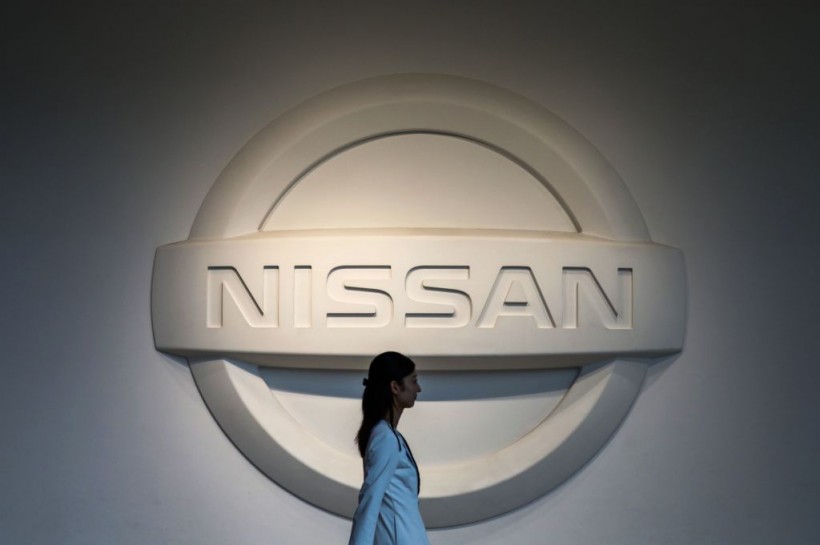
A woman walks past a logo of Nissan Motors at the company's headquarters in Yokohama on May 14, 2019. Nissan has announced it would stop the production of internal combustion engine vehicles and exclusively sell electric ones by 2030.
Nissan Motor has announced its plans to only sell electric vehicles (EVs) in Europe by 2030, in line with its 2035 deadline to make the shift on much of the continent.
According to Nissan president and CEO Makoto Uchida, the move aligned with the European Union's plan to ban most sales of new combustion engines by 2035. Vehicles running on e-fuel and hydrogen would be exempt from the prohibition.
He was also quoted by the Financial Times saying that the world needed to move on from the internal combustion engine days and not turn back after British Prime Minister Rishi Sunak delayed a ban on selling new petrol and diesel cars.
Going Electric in Europe
Currently, Nissan is making its EVs, particularly the model called the Leaf, in its Sunderland assembly plant in northern England. Back in 2021, the company said they were planning to build a British EV hub and a new battery plant at the cost of $1.21 billion.
The firm also aimed for 98% of its European sales volume to be electrified by the end of fiscal year 2027.
As the EU introduced tougher controls against internal combustion engines, Nissan has been aiming at starting to focus solely on all-electric vehicles, except for updates to existing models.
Read Also: Netherlands Planning to Shut Groningen Gas Field Over Earthquake Damage Fears
Resurgence of Combustion Engines
Another challenge for Nissan is the slowdown on electrification across the European continent after the UK said last week it was postponing a ban on new sales of gasoline and diesel vehicles from 2035 to 2030.
It was said that Nissan's rival Toyota Motor was looking to have its EVs accounting for half of its new sales in Western Europe by 2030. Electric, fuel cell, and other zero-emissions vehicles were to make up all new sales by 2035 when the EU ban takes effect, Nikkei reported.
Meanwhile, Honda planned to sell only EVs and fuel cell vehicles globally by 2040.
Teaming up with Renault
Last July, Nissan and French auto company Renault agreed on a revised capital relationship, with the two sides agreeing to each own a 15% stake in the other, with Renault significantly removing its share in Nissan from 43%.
Part of the deal meant that Nissan would invest up to EUR 600 million ($638 million) in Ampere, the EV company to be established by Renault. Nissan also planned to accelerate its electrification strategy in Europe through investment.
Related Article: UAW's Next Step is the 'More Nuclear Option,' Claims Top Analyst









